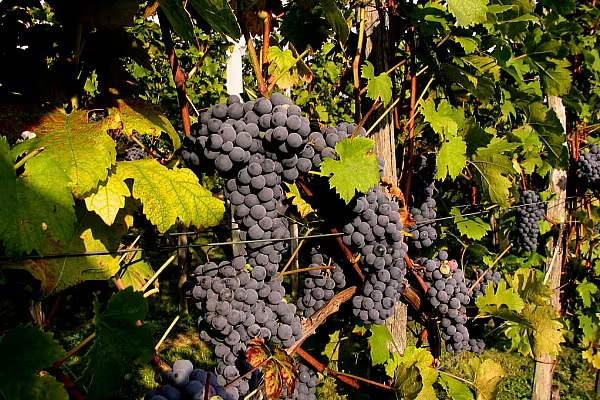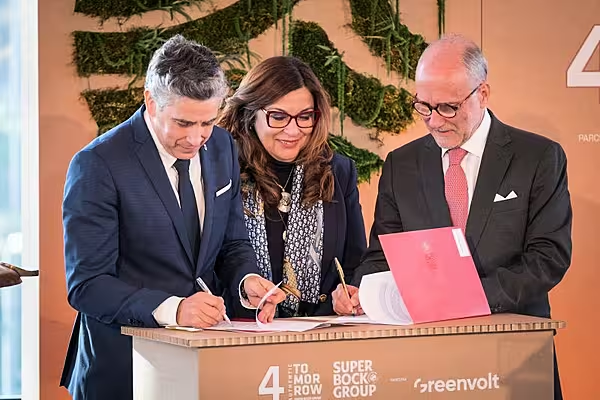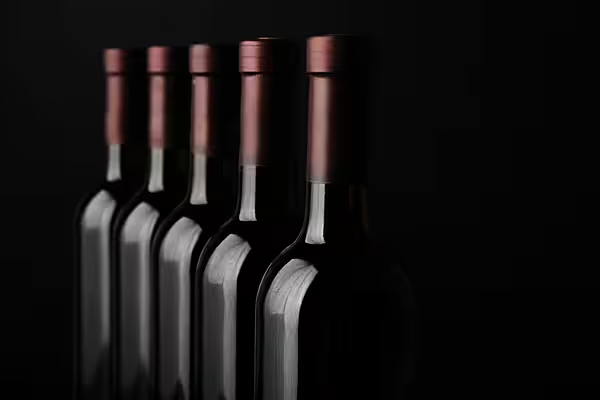French wine production will be the lowest in four years after spring frost, hailstorms, grape rot and drought combined to damage crops from the northern Champagne region to the Charentes area in the southwest, the Agriculture Ministry forecast.
The 2016 vintage will slump 12 percent to 42.18 million hectoliters, the least since 2012, the ministry predicted, cutting its outlook for a second time since July. Champagne and the Loire valley were hardest hit, followed by the Charentes region and Burgundy. The estimated output equals about 5.6 billion bottles.
“This would be one of the lowest productions in 30 years,” the ministry said. “In many vineyards, the output drop is accompanied by a wide disparity in production depending on the parcel or the grape variety.”
In Italy, output will slip 1 percent to 48.9 million hectoliters, according to a September forecast from that country’s association of wine technicians. Based on that forecast, the country is the world’s biggest wine producer.
Wine is France’s largest agricultural export with a value of 8.27 billion euros ($9.21 billion) last year, boosted by Champagne and Bordeaux, customs data show. Spirits accounted for 3.95 billion euros of exports, led by Cognac, distilled from grapes in the Charentes region.
Champagne, Burgundy and the Loire valley suffered from spring frost that killed flower buds, and Charentes, Burgundy, Beaujolais and the southern Languedoc-Roussillon region faced damage from consecutive hailstorms, according to the ministry. Mildew attacked grapes in Champagne and the Loire valley, while drought weighed on output around the Mediterranean.
In the Burgundy-Beaujolais region, which produces the world’s most expensive wines, volumes may fall 20 percent, while Champagne output is predicted to fall 32 percent.
For Charentes, the source of Cognac grapes, volumes may slump 22 percent, while the Loire valley is France’s hardest-hit wine region with a 35 percent drop, based on the ministry outlook.
Not all wine makers suffered, with Bordeaux volumes predicted to climb 6 percent after September rain followed a heatwave earlier in the month. Output in Alsace is seen rebounding 18 percent as farmers controlled mildew on vines loaded with pinot grapes, the ministry said.
News by Bloomberg, edited by ESM. To subscribe to ESM: The European Supermarket Magazine, click here.














